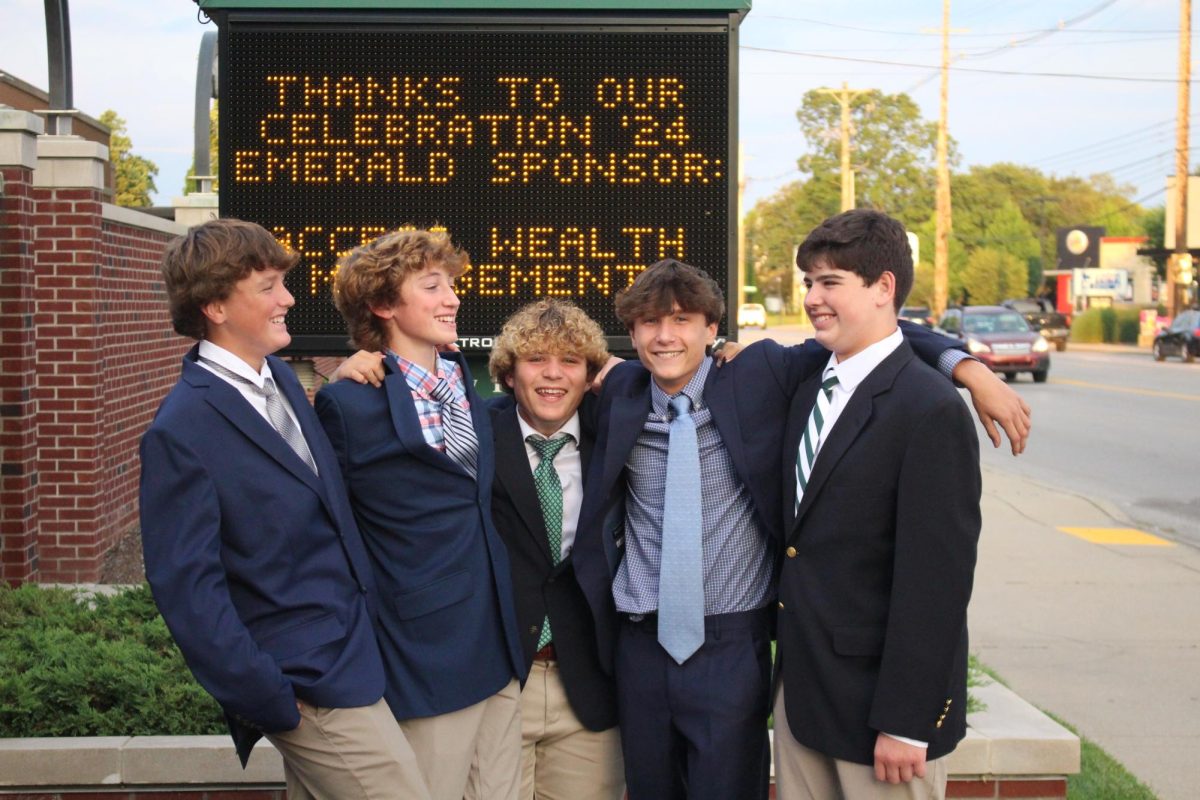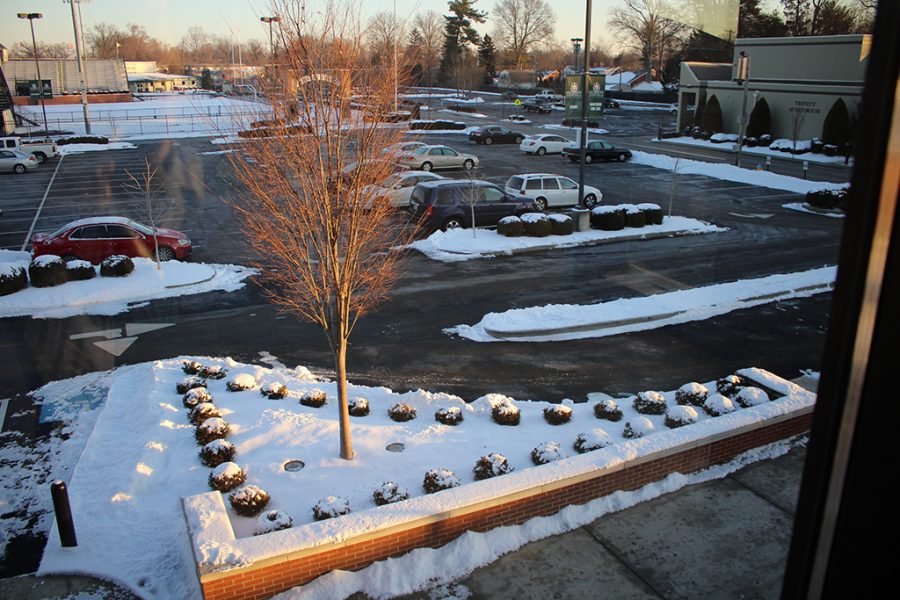Violence in film. What if it’s too much? How can it be powerful? This has, for years, been a touchy subject–almost since violence in movies first began. Heck, when Sam Peckinpah’s intensely violent film “The Wild Bunch” hit the screen, people didn’t know what to do. I feel that it all proves movies have a massive impact on the real world–especially in the way they portray violence. Do I think that more and more violence occurs because of movies? No, that’s another issue. Do I believe that it may lead to some desensitization? Very much so. People are heavily impacted by what they see, hear and read. When little kids see action movies with cowboys and star fighters, what do they do? They get a toy gun and play games with them. Harmless fun, but when you look at it, it may all seem so strange. Young children are actually pretending they are killing their friends by shooting them to death. Maybe this has always been the case, but with toys it is just more accessible. I think it all has to do with the human capability to fantasize about violence. We all do it, and not always in a positive way. But some of us may have once been so angry we actually thought of killing someone. But the key word in that sentence is thought. We think a lot of things, but few of us would actually do them, unless we may be in a situation of fear, such as war. But do movies push us to do what we actually think? Do they push us to forget that death is a tragedy? No and yes. I don’t think there are many people out in the world who would shoot a man down because “The Man With No Name” (Clint Eastwood) did it in “The Good, The Bad, and the Ugly.” We wouldn’t just go out and kill someone for fun. We might think, “Oh boy, what if I was that hero?” But as soon as we put one foot out the door and into reality, we realize life is not the old west as portrayed in the movies. We are not spraying round after round of bullets into Nazis like in Quentin Tarantino’s “Inglourious Basterds.” It’s just not the truth. Most human beings realize this. If not, then some cog in the machine may not be working correctly. We all are impacted by what’s on the screen, but we may just as easily forget about the violence in “Avatar” as we would think about killing someone we’re angry with. It’s a quick switch back into reality. Turn on the light and see what is really inside the room. However, I do think blockbuster big-shot-hero action movies with a heavy use of blood greatly desensitize us. We see so much of this in movies these days that it’s just something that happens. Some people found the Coen Brothers’ “No Country for Old Men” to be gory; some thought there wasn’t much blood. Is this a desensitization? I think so. We see the blood and gore so much that it just means nothing, even when the Coens make it harsh and painful to watch. But they don’t always show the immediate consequences. They don’t give us back our sensitivity. But that’s where directors like Clint Eastwood come in. The filmmakers out there know that the way to get somebody to truly remember the violence in a movie is to show you what that violence did to the people surrounding it. He shows you just how much a single act of violence can shatter the world. In “Mystic River” a father (Sean Penn) is so torn apart that in the end he shoots one of his childhood best friends (Tim Robbins) on the thought that he killed his daughter. But the man didn’t do it. He killed someone who was molesting a boy. To see the look on Penn’s face when he finds out he killed the wrong guy is simply heartbreaking and absolutely devastating. The pain that one murder caused his life and so many lives of the people around him is something that you will never forget. And Eastwood gets so very intimate with his editing and camerawork that the audience can’t help but be utterly compelled. He makes us know that violence is terrible. He makes us afraid of it, with sight, sound and emotion. On a lighter note, I don’t think there’s anything wrong with entertaining violence in movies–no matter how odd that may sound. But we have to realize it is simply that, entertainment. It’s not the true side of violence that is portrayed. I mean, come on. In Martin Scorsese’s “The Departed,” how could one guy kill two cops, a gangster and a random man in the street without any consequences? Without the troubling nature of it? Now yes, he does get shot in the end–sheer retribution for Scorsese and the audience, but the consequences are hardly shown. We see somebody quickly mourn the loss of Leonardo DiCaprio’s character, but what about the other men who died–the ones so innocent and undeserving of dying? Yet, Scorsese still got the Oscar! So, a good movie does not have to portray violence as absolutely horrible, but I think there is an obligation out there to create something like “Mystic River” or like “Munich,” directed by Stephen Spielberg, something that shows the audience the opposite of “Pulp Fiction.” Extreme violence is a horrifying thing, and part of our conscience, I believe, needs that recognition. That’s one very beautiful part of cinema–it has the chance to change someone’s view.
Categories:
From ‘The Wild Bunch’ to ‘Pulp Fiction,’ what is the impact of cinematic voilence?
April 21, 2010
0



